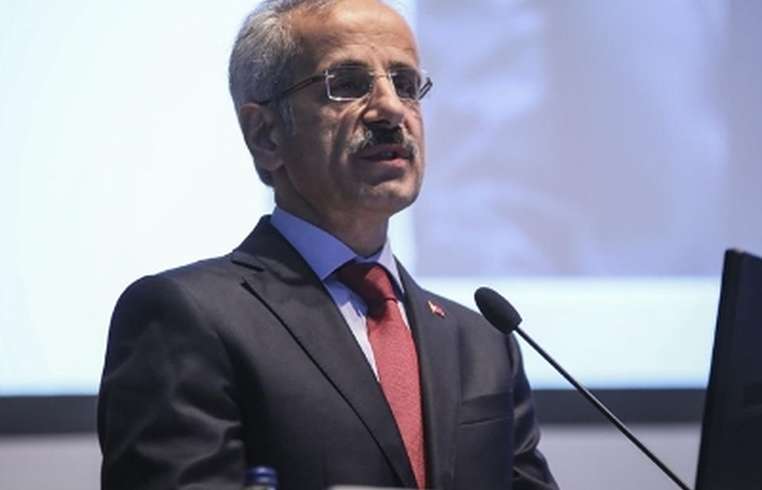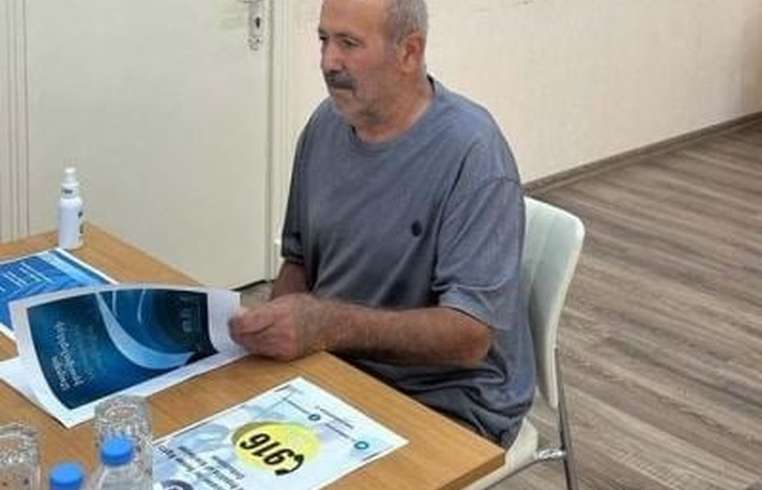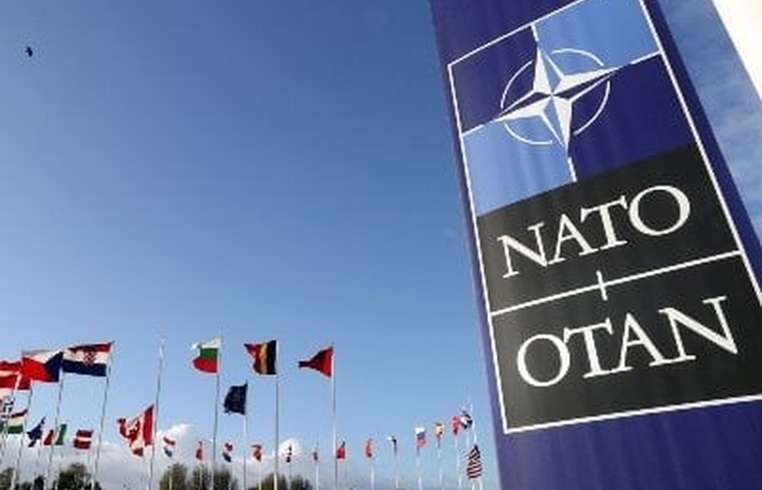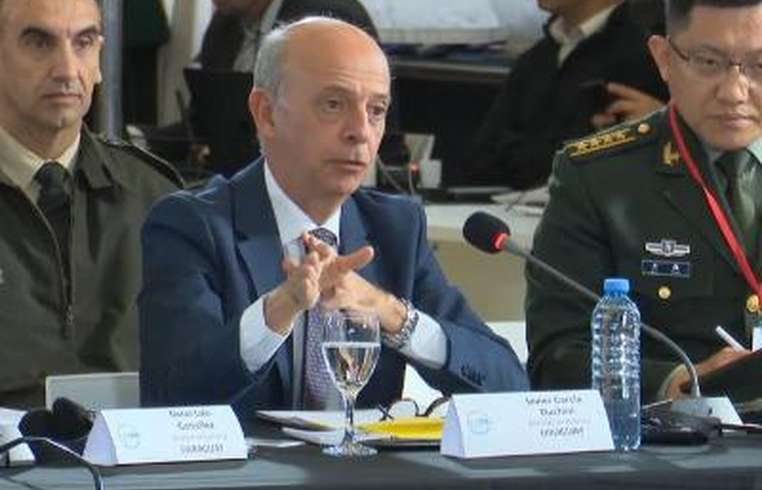
News - Relatives who do not agree with DNA test results of fallen Armenian soldiers turn to Red Cross
Business Strategy
Relatives who do not agree with DNA test results of fallen Armenian soldiers turn to Red Cross
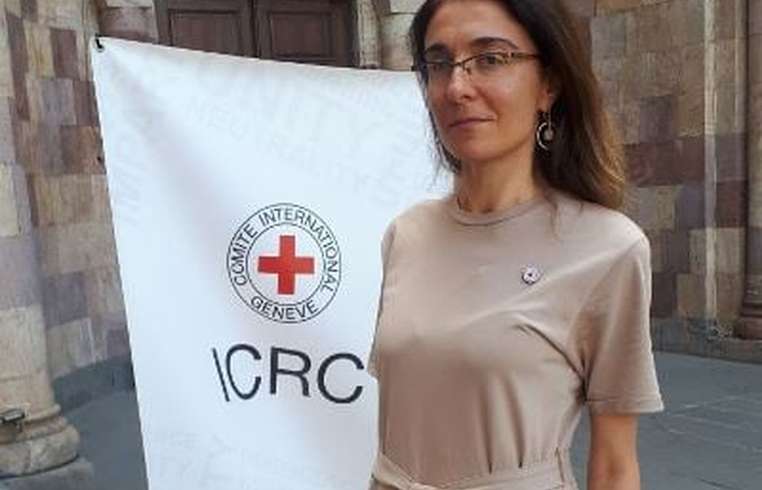
Several dozens of families who do not agree with the DNA test results of the soldiers who died during combat operations have applied to the International Committee of the Red Cross (ICRC), with a request to include them in the list of missing persons. Zara Amatuni, Communication and Prevention Program Manager of the ICRC Armenia office, informed about this, speaking with reporters. According to ICRC data, the names of about a thousand Armenians are currently on the lists of those who have disappeared during the hostilities. There are about 700 missing from the 1990s, from the first Nagorno-Karabakh war, and another 300 from the 2020-23 military actions. When asked what happens if the parents do not agree with the results of the DNA tests, do not accept the death of their sons, and apply to the ICRC to register them as missing, the ICRC representative stated that it is very important to understand the real and objective reason why families do not accept the DNA test results. She noted that the ICRC is ready to assist the work of relevant expert bodies in order to minimize the number of such cases in the future. It can refer to the consequences of both military escalation and natural disasters, Amatuni noted. She informed that several dozens of families who do not agree with the DNA test results have turned to the ICRC. In response to the question about the possibility of joint work between Armenia and Azerbaijan in this regard, Amatuni reminded that the ICRC does not participate in the negotiations, but acts as a neutral mediator; that is, during the dialogue with the authorities, each country's delegation tries to keep the matter at the focus of the authorities. The ICRC is ready to assist the process from now on as well, but the political will of the country's leadership is important for the process to move forward. As for the cases when there is information that a person is in captivity but the Azerbaijani authorities do not accept it, the ICRC representative noted that there is no official confirmation so far, and it is difficult to claim anything. "ICRC representatives visit all persons whose captivity has been confirmed by the Azerbaijani authorities. The families are the first to know about the [ICRC] visits," Amatuni stated. Also, she noted that ICRC representatives visit detainees regardless of their status. "We [i.e. the ICRC] are visiting all persons whose captivity has been confirmed by the authorities. However, our organization does not inform about the number of persons being visited," said Zara Amatuni.


